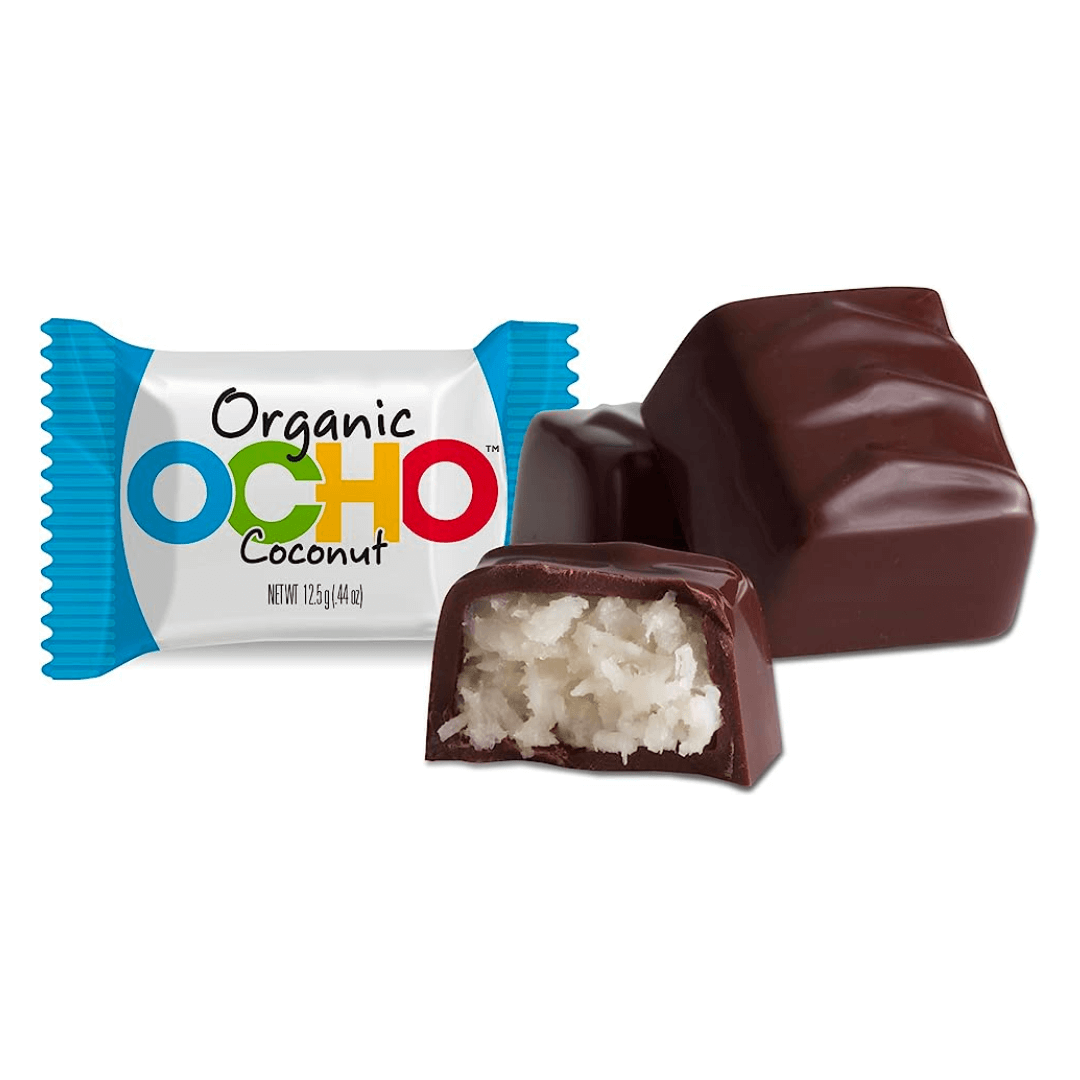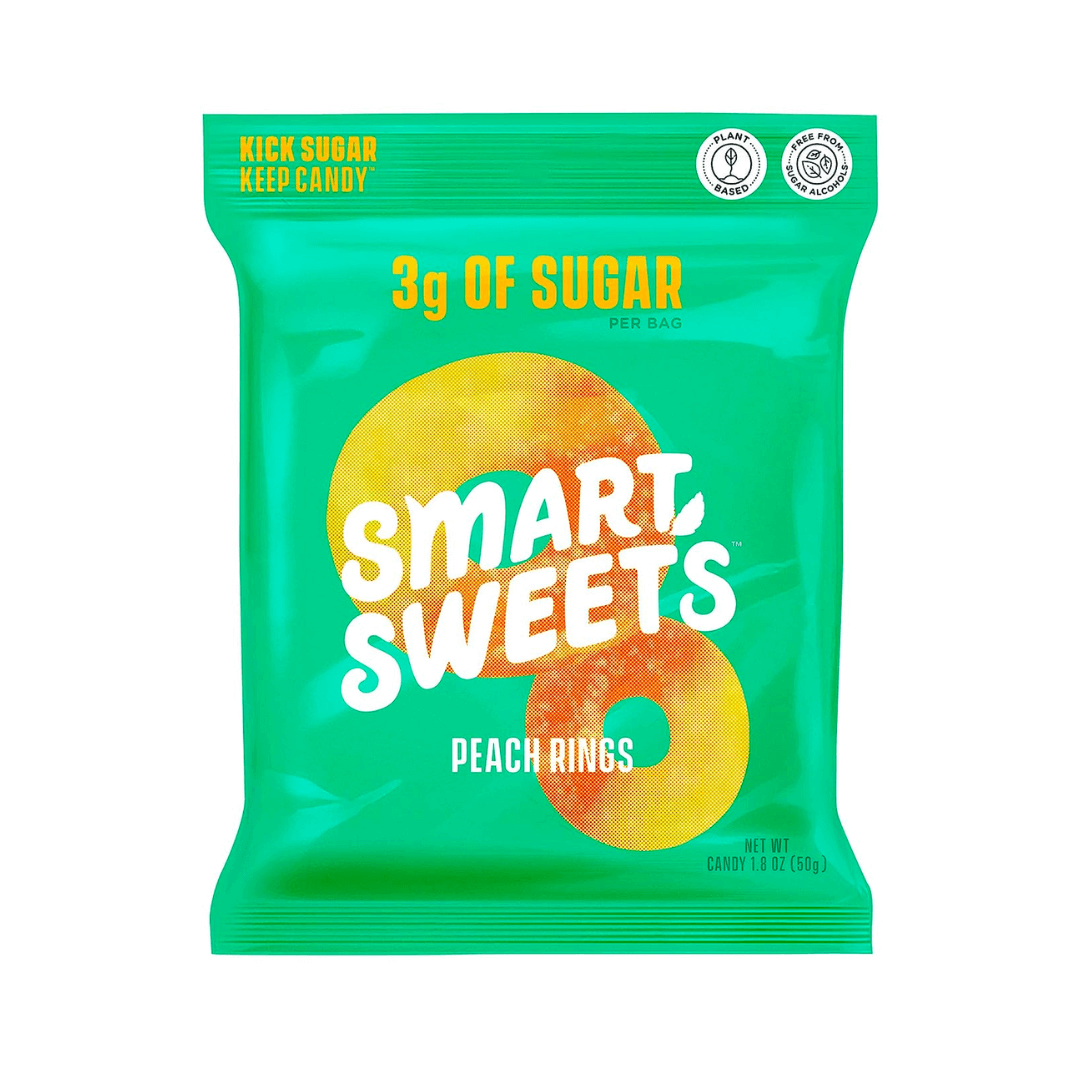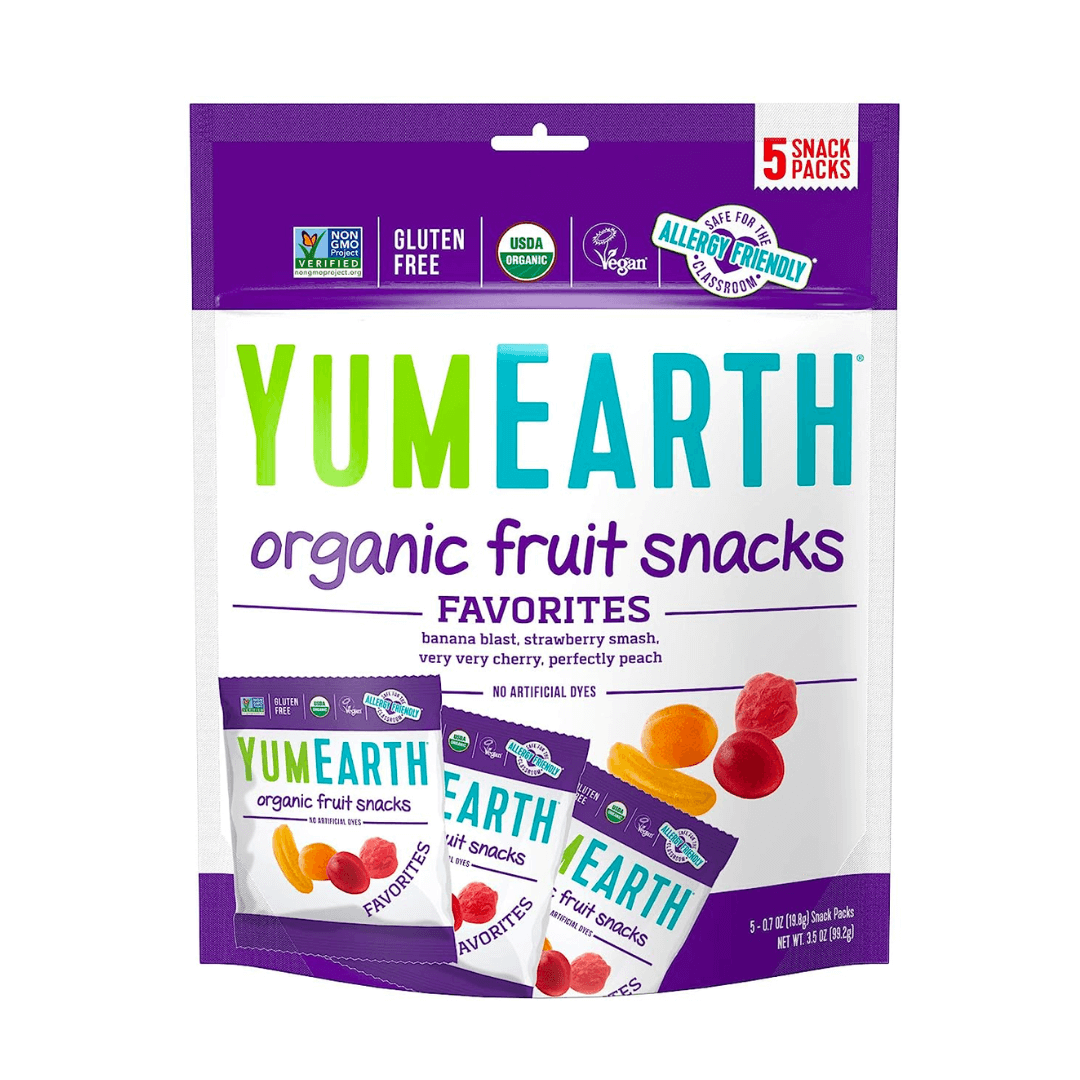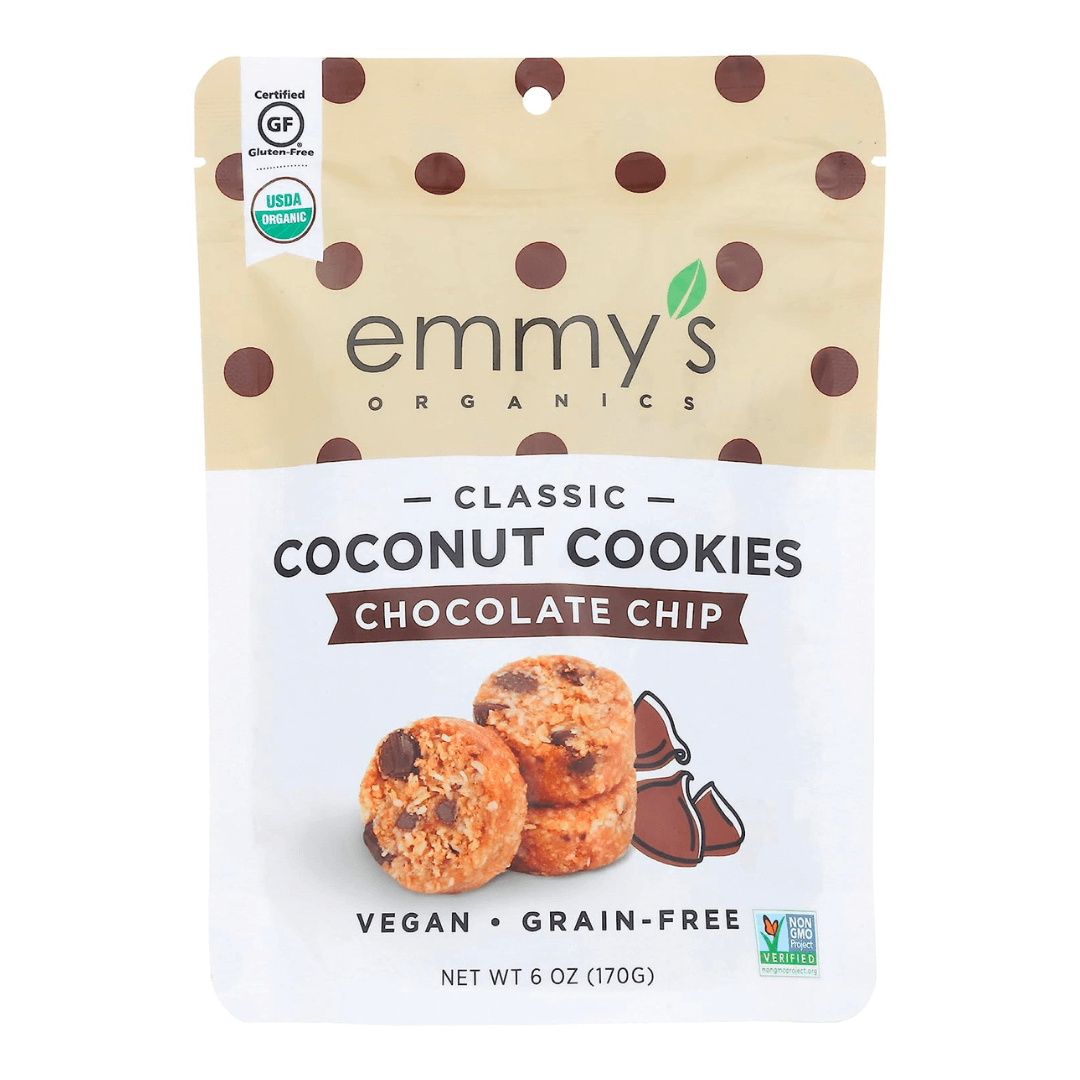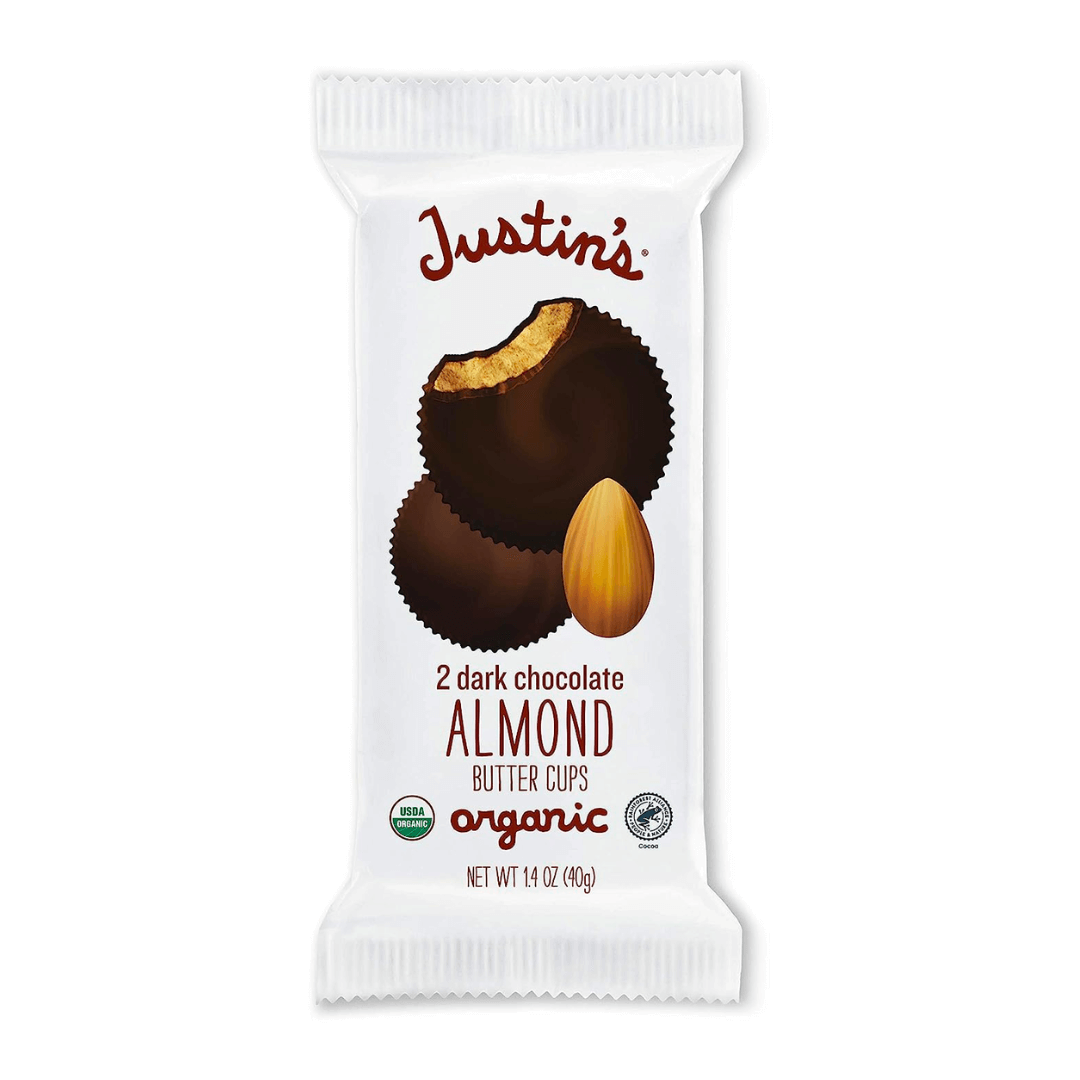October 31st is right around the corner – you know what that means! It’s time for costumes, scary movies, and… the best of all… candy! But how much Halloween candy is too much? What’s commonly found in Halloween candy? Are there healthier alternatives that taste just as good? Lucky for you… this is your ultimate guide to Halloween candy & healthy Halloween candy alternatives!
These tips will definitely come in candy (yes, get ready for all for the Halloween puns, too)! Keep reading to learn more for the best tips and tricks.
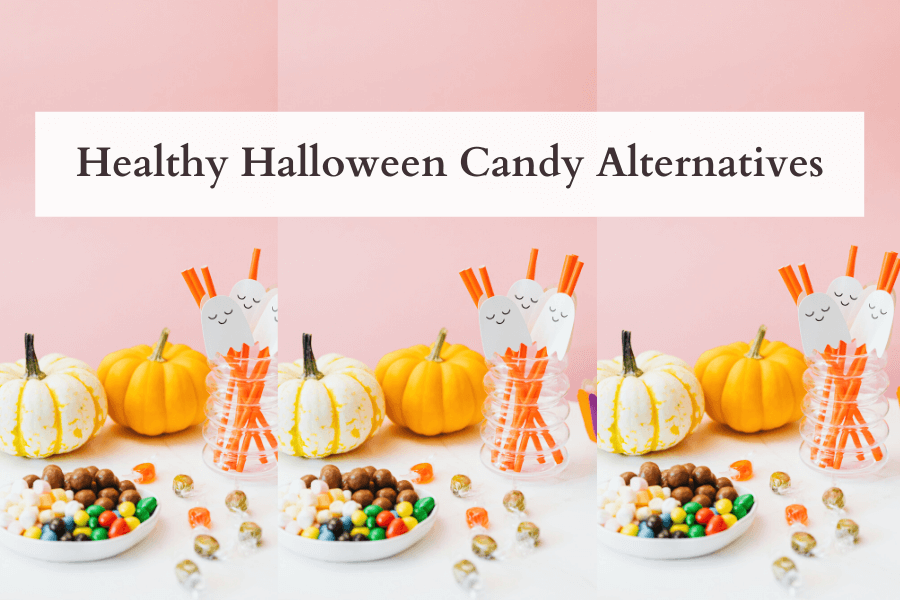
(Note: This article contains affiliate links, meaning In On Around will make a small commission at no additional cost to you. This helps me maintain the site. As always, I value full transparency & only work with brands I love and trust.)
The Annual Halloween Market
Oh my gourdness – Halloween is right around the corner! The Halloween candies are stocked on the shelves & ready for their big trick-or-treat outing. The bright, colorful packaging lures in parents and kids as they walk down the grocery aisles (you can thank their marketing departments for that).
Unsurprisingly, according to the National Confectioners Association, these sweet treats gross $4.6 billion in the United States around the Halloween season. [1] That’s quite a bit of $$$!
These candies are given out to the over 41 million kids that go trick-or-treating every year. [2] As a matter of fact, over 121 million homes are involved in the trick-or-treating tradition… of course with chocolate being the most popular treat. [3]
Added Sugar Intake – How Much Is Too Much?
We all know that candy contains a lot of sugar… but how much is too much?
Follow these American Heart Association guidelines on added sugar:
Women – no more than 6 teaspoons (25 grams)
Men – no more than 9 teaspoons (36 grams)
Children 2+ years of age – no more than 6 teaspoons (25 grams)
Child under 2 years of age – no added sugar whatsoever
Scroll through this post for recommended added sugar levels:
How Candy Can Impact Your Health Over Time
Halloween certainly does not help our country’s obesity epidemic. It’s been reported that over 10.4% of kids aged 2-5 and 19.6% of kids aged 6-11 are obese. [4] Added/refined sugar may be linked to a host of health issues, such as:
- Weight gain
- Heart Disease
- Type 2 diabetes
- Can make your skin break out & age it faster
- May increase your risk of cancer
- Anxiety and depression
- Fatigue
- Fatty Liver
- Kidney Disease
- Gout
- Memory issues
- Cavities
- Inflammation
… and the list goes on & on. [5]
Clearly… added sugar is not so sweet! Artificial sugar is found in seemingly every processed food – from sweets to sauces, granola bars and more. Sugar intake adds up so quickly, especially when you’re eating pre-packaged and processed foods regularly.
If you’re trying to “trick or treat-yoself” with sugar, that’s witchful thinking (… I told you the puns were coming!).
Note: this is different than natural sugars found in fruit (which also contain fiber, vitamins, and nutrients). This is for ADDED, processed sugar found in packaged foods and drinks. Many dried fruits can have sugar added during processing, so always read the full ingredient label.
On average, kids consume about 3 cups of sugar on Halloween, which is about 675 grams of sugar or 3500-7000 calories. This is truly unacceptable. [6]
What’s Commonly Found in Halloween Candy?
Many of these are high in sugar, high in calories, and have very little nutritional value.
- Artificial dyes
- Many of these dyes have been linked to ADHD, hyperactivity, aggressiveness, learning impairments, sleep disturbances, allergies & more (especially amongst children). [7, 8, 9, 10]
- The European Union actually requires a warning label for products containing food dyes saying it can cause “an adverse effect on activity and attention in children.”
- Read more about artificial dyes here: Health Effects of Artificial Food Dye
- Sugar
- Many of the popular candy bars range from 18 grams to 36 grams of sugar per serving. [11]
- Just one or two candies usually brings you above the recommended added sugar limit per day – yikes.
- Titanium Dioxide
- Acidic ingredients that contribute to the eroding of tooth enamel (think: sour candies)
- High Fructose Corn Syrup
- Monoglycerides/Diglycerides
- TBHQ, aka tert-butylhydroquinone, is potentially linked to cancer. [14]
- Hydrogenated oils (trans fats)
- Genetically Modified Organisms (GMOs)
Talk about spooky ingredients! Luckily, there are plenty of health candy alternatives.
Top 5 Healthier Halloween Candy Brands
Let’s get in the Halloween spirits with some healthier Halloween candy alternatives! These options are still delicious, sweet treats… but without many of the harmful additives commonly found in other candy options. Of course, still eat these in moderation (nutrition is about balance). These are not classified as “health foods,” per se, but they’re a much better way to celebrate the spooky holiday.
1) OCHO Candy
- Why They’re Great:
- Certified organic ingreidnets that are fair trade, vegan and gluten-free
- What They Offer:
- Caramel
- Caramel & Peanut
- Coconut
- Dark Caramel
- Dark Peanut Butter
- Peanut Butter
- PB&J
- Peppermint
2) Smart Sweets
- Why They’re Great:
- 100 calories per bag
- Contains prebiotic fiber
- Only 1-3 grams of sugar per bag
- No sugar alcohols
- What They Offer:
3) Yum Earth
- Why They’re Great:
- Organic
- Vegan (dairy-free)
- Gluten-free
- Free of any artificial flavoring (woohoo!)
- Many of their products are manufactered in a nut-free facility (but always double check)!
- What They Offer:
- Fruit Snacks
- Licorice
- Lollipops
- Hard candy
- Chocolate
- Sour candy
- Jelly beans
4) Emmy’s Organics
- Why They’re Great:
- Offer individual snack packs with 3 cookies
- Organic
- Vegan (dairy-free)
- Gluten-free
- What They Offer
- Dark Cacao
- Vanilla Bean
- Peanut Butter
- Chocolate Chip
5) Justin’s Peanut Butter Cups
- Why They’re Great:
- Organic
- Gluten-free
- Responsibly Sourced Palm Oil (RSPO Certified)
- What They Offer
- Dark Chocolate Peanut Butter Cups
- Dark Chocolate Cashew Butter Cups
- Milk Chocolate Peanut Butter Cups
- White Chocolate Peanut Butter Cups
Top 6 Alternative Halloween “Treat” Options
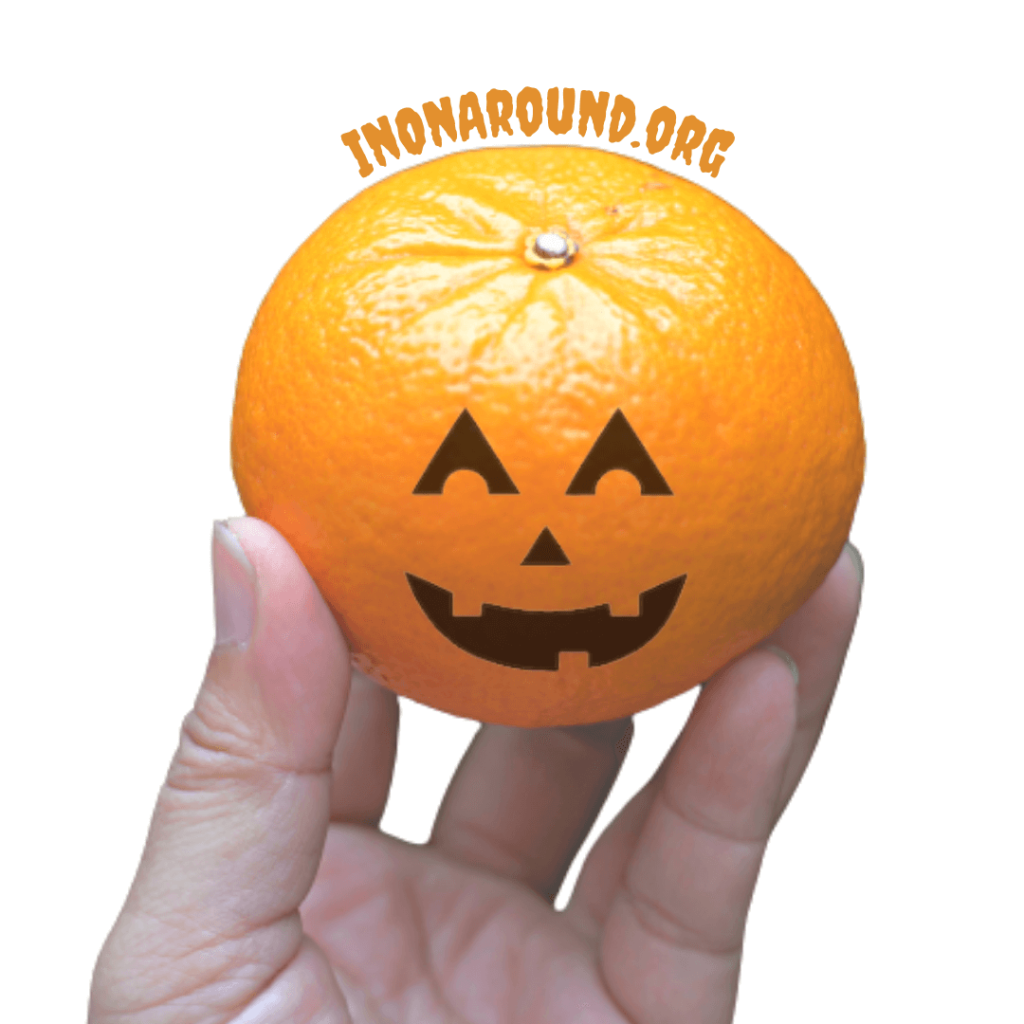
These alternatives will give you love at first bite. They’re enjoyable, fun, AND still a great way to celebrate the Halloween holiday. These can be great Halloween treats for students free of artificial dyes!
- Delicious Door snack box – They offer delicious gluten-free, plant based, non-GMO snack boxes!
- Organic clementines with drawn-on faces (see photo above)
- Mini pumpkin seed packs
- Organic juice boxes or bags – These can espeically be a great option as a Halloween candy alternatives for toddlers, however it’s best to pair with a healthy protein or fat to reduce a spike in blood sugar.
- Organic dried fruit packs
- Small toys (bouncy balls, glow sticks, bubbles, bracelets, stickers, slinkies, mini flashlights, homemade play doh …)
- A 2003 Yale study analyzed the behavior of 284 trick-or-treaters. They found that the toys were just as popular as candy! [15]
- If possible, try to opt for toys that are plastic-free (these are better for you & better for the environment).
7 Tips For Parents Before Going Trick-Or-Treating
- Make sure your child eats a well-balanced, nourishing, protein-rich dinner.
- Pro tip: if your kid gets hungry mid-outing during halloween night, make sure you have some healthy protein bars ready! Low-sugar granola bars with natural ingredients can keep them satiated.
- Avoid emotional or mindless eating.
- Halloween isn’t just about candy! Take part in other fun Halloween activities that involve the whole family, like going apple picking, carving pumpkins, going to a corn maze …
- Donate your leftover candy (operation gratitude).
- Brush your teeth thoroughly after eating candy.
- Throw out any treats that are opened or where the packaging looks tampered with.
- Discard all Halloween candy after one or two weeks. Keeping it in the house for longer periods of time can make a habit of eating candy daily.
Pin this article to reference it later! ↓
Healthy Halloween Candy Alternatives – In Summary
Clearly, despite Halloween candy’s sweet taste, it is not so sweet for our health. While having traditional candy every once in a while is no biggie, there are certainly better options available on the market (that are just as delicious). These are the perfect swaps for a school party or Halloween parties – kids love them! Time to munch on some healthy Halloween candy alternatives this October – bone appetit!
Frequently Asked Questions
Click on the below FAQs to learn more! There are plenty of creative Halloween treats to pass out.
How much candy is given out on Halloween?
How does candy impact your health?
How much sugar should you eat daily?
What is in candy?
What’s your favorite healthy Halloween treat?
I hope you have a spooktacular Halloween! You can watch our web story here.
Leave me a sweet review in the comments below!
xoxo,

Want to read more? Check out my other articles here!
Information on Healthy Halloween Candy Alternatives from: Harvard, Health Matters, Wellness Mama, Environmental Working Group, American Heart Association, CDC
Copyright In On Around LLC 2021 ©. The statements made on this website have not been evaluated by the FDA (U.S. Food & Drug Administration). They are not intended to diagnose, treat, cure, or prevent any disease. The information provided by this website should not be used as individual medical advice and you should always consult your doctor for individual recommendations and treatment.

